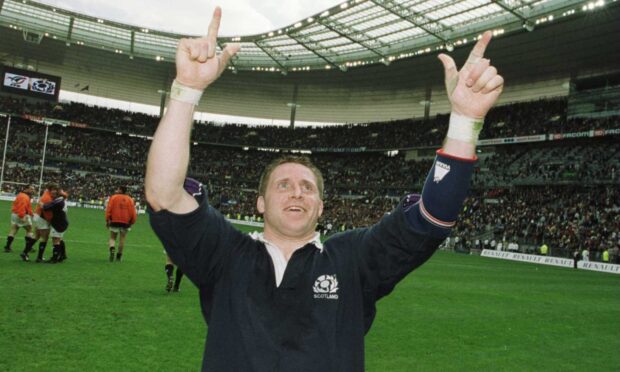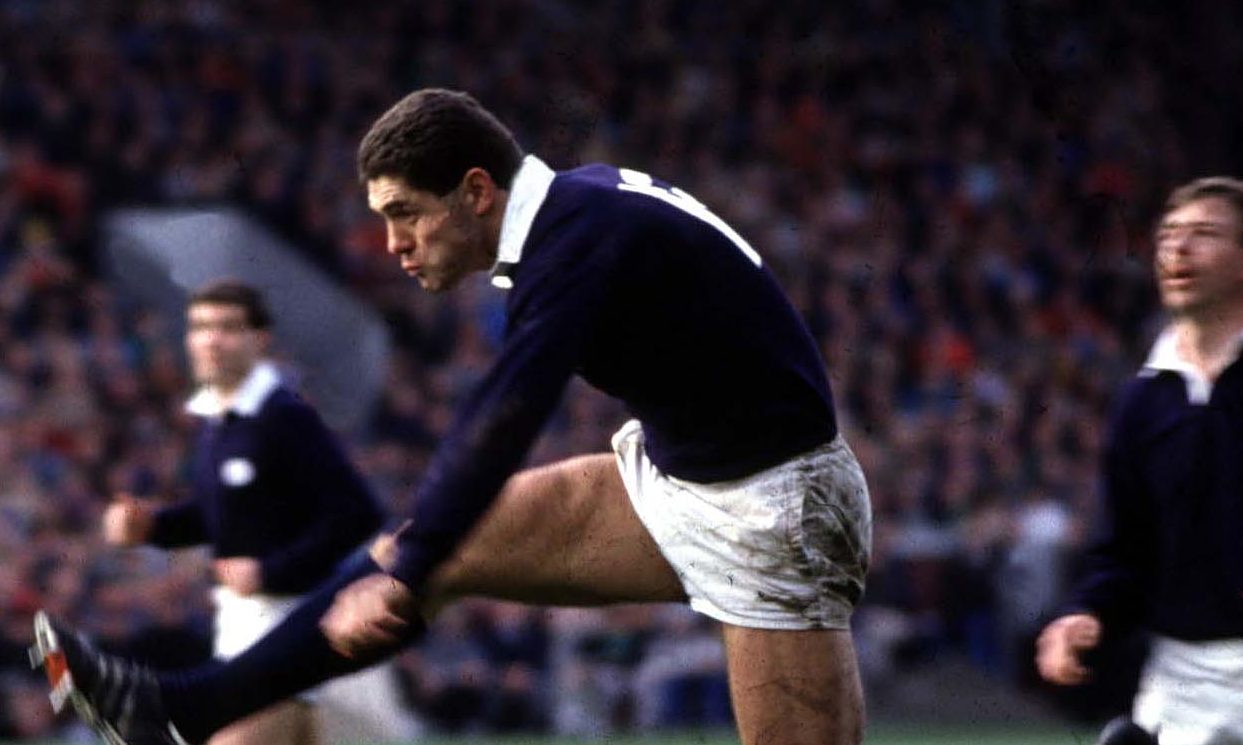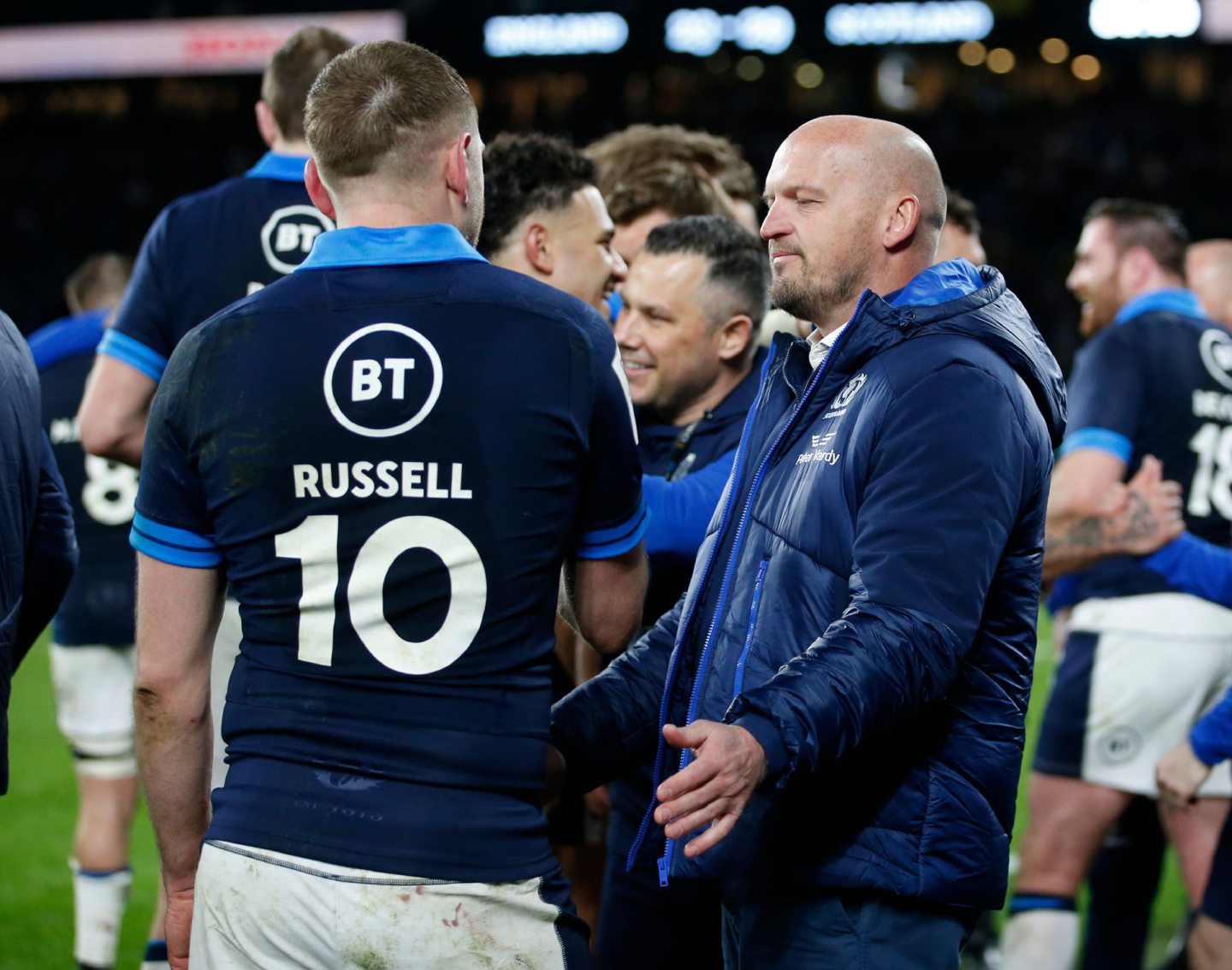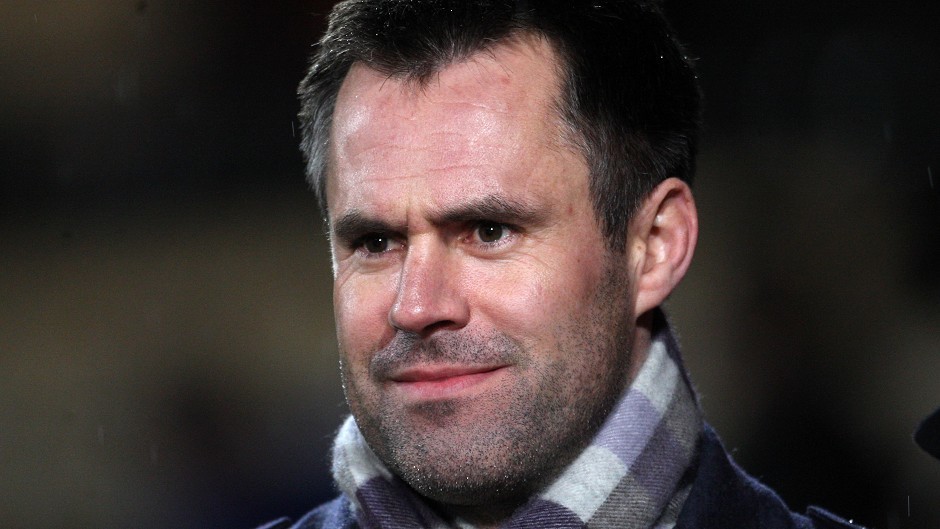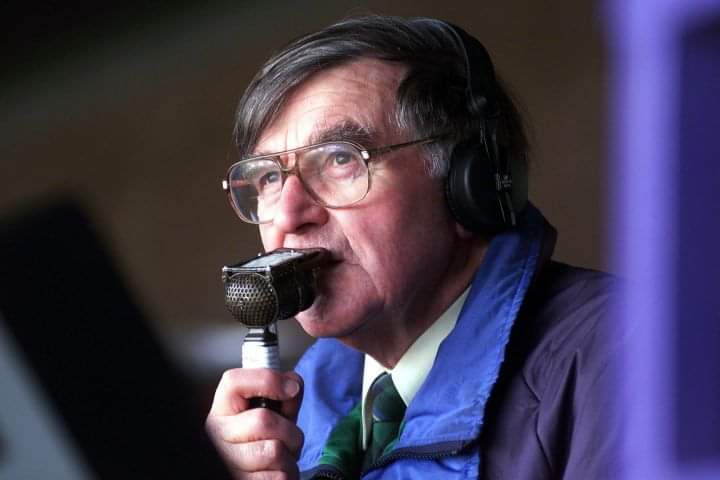Imagine the Bates Motel relocated to Montmartre and run by somebody whose behaviour made Basil Fawlty look like Mother Teresa and you might have some idea of the first time I visited Paris on rugby duty in 1993.
The owner told me abruptly he didn’t speak English, that there was no food served in the premises and the doors would be shut at “dix heures” – 10pm – and when I asked him in my fractured French about the best way to travel to the Parc de Princes, he couldn’t even be bothered to answer beyond emitting a snort of disgust, turning sharply on his heels and leaving me to drag my suitcase up three flights of stairs.
It was a reminder that there are many Parisians for whom rugby is an unwanted intrusion on their world. Once I had entered my room, which merely aspired to shabbiness, I noticed there was no phone or lightbulb in the lamp and the television didn’t work. At that point, I engaged in the first of several protracted discussions with the owner which ended with him promising to sort out the difficulties.
But it never happened, of course, so I sought refuge in the hope that the Five Nations contest would provide happier memories. Fat chance. Instead, the Scots struggled to make any sort of impact, Les Bleus were hardly any better and the contest, which the hosts eventually won 11-3, was so lacking in drama or pyrotechnics or champagne moments that I asked Bill McLaren if he had enjoyed it.
The Borders maestro, diplomacy personified, replied simply: “I’ve seen better”. And then it was back to the hotel from hell and a struggle to send over my report – using a “mobile” phone the size of a brick – to the copytaker sitting at her work station in Edinburgh. I was just about to start when she interrupted me: “Hang on, I’ve got to get these lacrosse results done first. Can you wait?” Of course, I could. It wasn’t as if I had any plans to go to the bar downstairs. And no, there wasn’t a bar downstairs.
‘Paris might be the city of love. But not for rugby’
On the flight back to Scotland, I talked to a couple of older journalists about their experiences and they were unsurprised at the sense of anti-climax.
One of them said – and I’ve never forgotten it – “Paris might be the city of love. But not for rugby”. Another told me he had visited Harry’s Bar – a place once frequented by Ernest Hemingway and the birthplace of the Bloody Mary – and had foolishly purchased a round of four drinks which cost more than £50. You may have guessed it wasn’t an auspicious trip. I honestly wondered: Do I want to go through that again?
But life’s like that, isn’t it? It can’t always be sweetness and light, packed with va va voom and champagne sporting occasions. Two years later, in 1995, I returned to the French capital, wondering whether this might be a more uplifting journey – and, praise be, it was one of the most fabulous few days you could ever imagine.
In this instance, the hotel accommodation was excellent, I met up with a group of Gallic journalists who escorted me on a tour of the city and there was a palpable sense of anticipation in what was a World Cup year with the Scots and French drawn in the same group for the tournament in South Africa. The sun shone, the build-up to the match was spine-tingling and we crossed our fingers for something special.
Both teams duly delivered. There was ebb and flow, constant momentum shifts and cries of exhilaration mixed with frustration as the combatants flung themselves into the fray. The old Parc des Princes had served up decades of pain for the SRU’s finest and yet, for any Scottish supporter in the stadium, the sight of Gavin Hastings thundering down the pitch after latching on to Gregor Townsend’s irrepressible and spontaneous “Toony flip” to score a sensational try in the last minute created indelible memories.
We all held our breath as the fabled full-back then stepped up to take the conversion and roared with delight when he applied the coup de grace to the 23-21 victory which left thousands of Scots floating on air for the next few hours. It was a magical occasion and highlighted the wafer-thin margins which can exist in elite sport.
‘It just kept droning on’
Townsend was in his element in these tussles and proved an even more potent force in 1999 when he and the likes of Alan Tait, Gary Armstrong, John Leslie and Kenny Logan destroyed their opponents at the Stade de France. As Stuart Reid recalled: “The band messed up Flower of Scotland. It was so slow that it was like the funeral march.
“We stopped singing and it just kept droning on. Gary Armstrong was going around saying, ‘That’s deliberate, that is. They’ve done that on purpose.”
In the next 40 minutes, he and his colleagues gained ample revenge, scoring five first-half tries en route to a 36-22 win which was breathtaking to behold. And I saw McLaren again at the finish. He put his thumbs up and said: “That was special, wasn’t it?”
It was: a miraculous display on a spring afternoon when Paris was truly stunning. Let’s hope for a repeat performance when Townsend’s troops return there this weekend.
